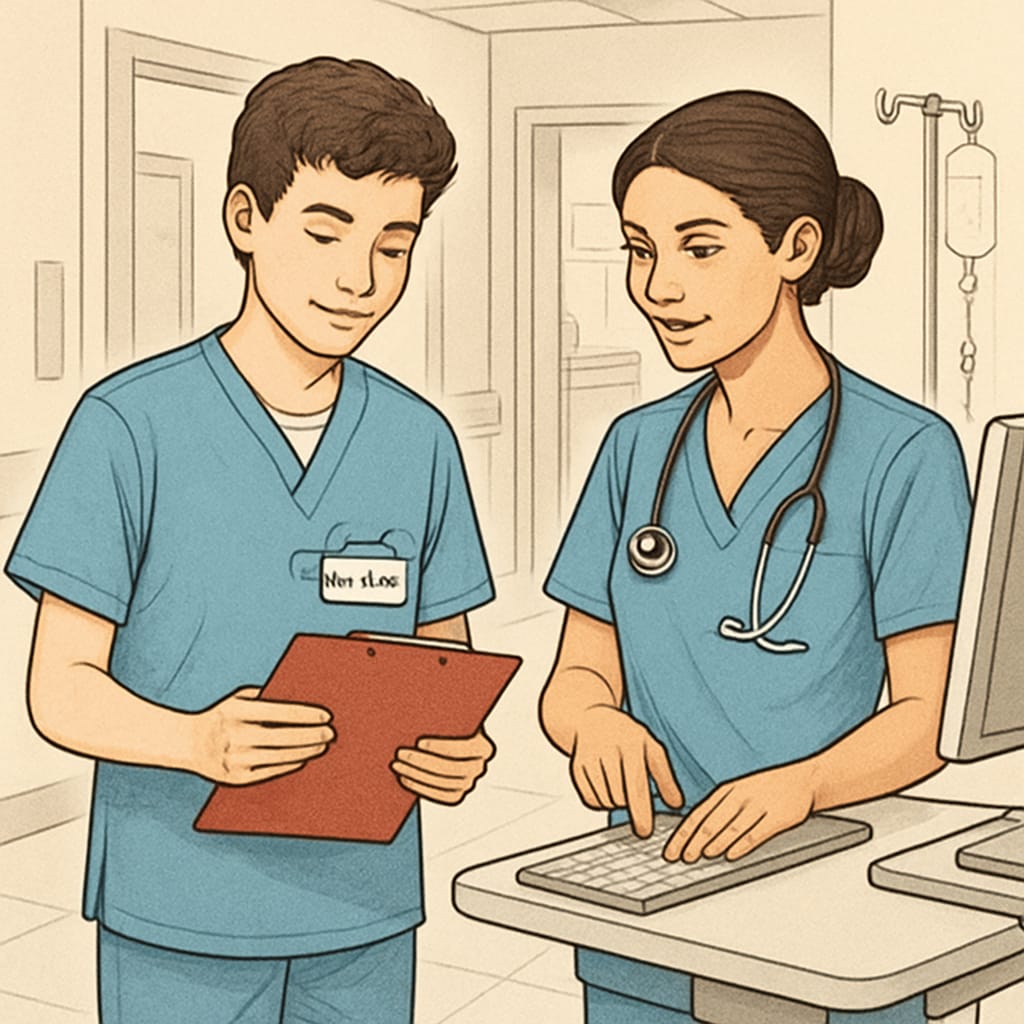Preparing for a healthcare career, particularly in nursing, requires careful planning and balance. During the K12 years, students can lay a strong foundation by engaging in nursing programs, gaining EMT experience, and considering college transfers to find the best academic fit. This article will explore how early career planning, academic preparation, and active campus engagement can support aspiring nurses in achieving both professional and personal growth.
Why Early Planning Matters for Aspiring Nurses
Charting a path toward a nursing career begins long before college. Early planning helps students align their academic choices and extracurricular activities with their professional goals. For example, taking advanced science courses such as biology, anatomy, and chemistry during high school builds a strong foundation for nursing programs. Additionally, participating in volunteer opportunities at hospitals or clinics can provide valuable hands-on experience and insight into the healthcare environment.
Prospective nurses should also consider certifications like EMT (Emergency Medical Technician). EMT experience allows students to develop critical skills such as patient care, communication, and emergency response, which are directly applicable to nursing. According to Britannica’s overview of nursing, practical experience is essential for understanding the complexities of patient care.

Choosing the Right College and Exploring Transfer Options
When selecting a college, students should focus on programs that align with their career goals. Many universities offer specialized nursing programs that provide a direct path to licensure. However, it’s also important to evaluate other aspects, such as campus culture, location, and extracurricular opportunities, to ensure a well-rounded college experience.
Sometimes, students may find that their initial college choice doesn’t fully meet their academic or personal needs. In such cases, transferring to a different institution with stronger nursing programs or better campus resources can be a wise decision. College transfers are common in the healthcare field and can open doors to more advanced training opportunities.
For instance, transferring to a university with state-of-the-art simulation labs or partnerships with local hospitals can enhance clinical training. As noted by Wikipedia’s guide on college transfers, the process requires careful planning but can lead to significant academic and professional benefits.

Balancing Academics with Campus Life
While academic success is critical for future nurses, personal development through social and extracurricular activities is equally important. Being part of student organizations, sports teams, or cultural clubs fosters leadership, teamwork, and time management skills—all of which are valuable in a nursing career.
Moreover, maintaining a balance between academics and campus involvement can reduce stress and prevent burnout. Nursing programs are rigorous, but finding time for hobbies and social connections can help students stay motivated and focused on their goals.
- Join pre-professional health organizations to network with peers and mentors.
- Engage in wellness activities such as yoga or meditation to manage stress.
- Participate in community service projects to enhance your resume and give back to society.
Conclusion: Combining Passion with Purpose
Preparing for a nursing career involves more than just academic achievements. It requires a balance of professional preparation, personal growth, and social engagement. By leveraging opportunities such as EMT experience, exploring college transfer options, and staying active on campus, aspiring nurses can build a solid foundation for their future.
Whether you’re in high school or already in college, it’s never too early—or too late—to start planning for success in this rewarding field. Remember, the journey to becoming a nurse is as much about developing compassion and resilience as it is about mastering medical knowledge.
Readability guidance: Use short paragraphs to maintain reader engagement. Incorporate lists to summarize key points effectively. Ensure a balance of professional advice and motivational content to appeal to a diverse audience.


